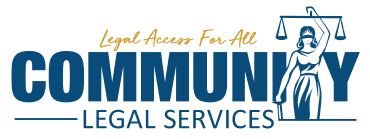Certain developmental disabilities can make it difficult or even impossible for a person to properly manage all areas of their life. Often, when someone with a developmental disability — such as intellectual disability, spina bifida, autism, Down syndrome or cerebral palsy — turns 18, a guardian advocate is appointed to make decisions on their behalf. The developmentally disabled individual loses certain civil rights and the guardian advocate, usually a parent or family member, is given the authority and responsibility to exercise those civil rights for them.
A guardian advocate can have an incredible amount of influence over the personal, medical, or financial life of someone in an extremely vulnerable position. Guardian advocacy is a position of trust and responsibility, and the person with a developmental disability’s best interests must always be the priority. If certain values and standards are not met, Florida law allows for a guardian advocate to be removed from their position and relieved of their duties.
If you believe your guardian advocate, or the guardian advocate of someone you know, is unfit for their position or no longer desires to serve as the guardian advocate, contact the Florida Bar’s Lawyer Referral Service.
